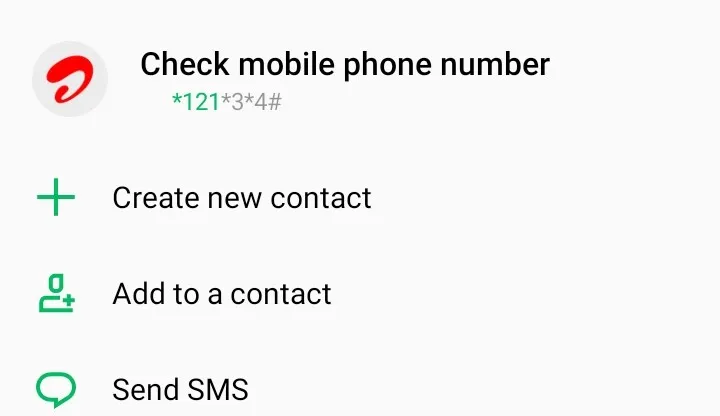Embarking on the journey of higher education in Nigeria can be both exciting and challenging. While the pursuit of knowledge is invaluable, the financial burden often poses a significant obstacle for many students and their families. Fortunately, student loans present a viable solution, offering financial assistance to aspiring scholars. In this blog post, we’ll delve into the world of student loans in Nigeria, demystifying the process and exploring available options in simple terms.
Understanding Student Loans:
Firstly, what exactly is a student loan? In essence, it’s a financial tool crafted specifically to aid students in covering the costs associated with their education. Unlike traditional loans, student loans typically feature lower interest rates and more flexible repayment plans, easing the financial strain on borrowers.
How to Apply for a Student Loan:
Securing a student loan in Nigeria involves a straightforward process. To initiate your application, follow these steps:
- Submit your application through your respective bank to the designated committee chaired by the Governor of the Central Bank of Nigeria (CBN).
- Include a cover letter signed by the head of your educational institution (e.g., vice-chancellors, rectors, or provosts).
- Provide essential documents such as your admission letter, guarantor letters, passport photographs, and evidence of employment or business registration for guarantors.
- Ensure eligibility by meeting income criteria and adhering to guidelines outlined in the loan application.
Eligibility Criteria:
To qualify for a student loan, applicants must meet specific requirements, including:
- Annual income or family income below N500,000.
- Providing two guarantors meeting specified criteria, such as civil servants, lawyers, judicial officers, or justices of peace.
- Maintaining a clean record free from examination malpractice or felony convictions.
Available Student Loan Options:
Several financial institutions in Nigeria offer student loan services tailored to varying needs. Some notable options include:
- Access Bank Student Loan: Designed to cover tuition fees with features like loan refinancing and remittance services.
- GTBank Student Loan: Providing financing for school fees with competitive interest rates and swift access to funds.
- First Bank FirstEdu Loan: Targeting school proprietors with flexible repayment plans and minimal collateral requirements.
Federal Government Initiatives:
In addition to private bank offerings, the Nigerian government supports education through education banks, student loan boards, and special intervention funds. These initiatives aim to enhance access to education and address specific needs within the educational sector.
Conclusion:
Accessing quality education in Nigeria is no longer an insurmountable challenge, thanks to the availability of student loans and government-backed initiatives. By navigating the application process and exploring suitable loan options, aspiring scholars can pursue their academic dreams with confidence and financial support.
FAQ:
1.Are student loans only for university students?
No, student loans in Nigeria cater to students across various educational institutions, including universities, polytechnics, and colleges of education.
2.Can I apply for a student loan if my family income exceeds N500,000?
Unfortunately, eligibility for student loans typically requires an annual income or family income below N500,000 to qualify for financial assistance.
3.Are there repayment options available for student loans?
Yes, most student loans offer flexible repayment plans to accommodate borrowers’ financial circumstances, allowing for manageable repayment over time



